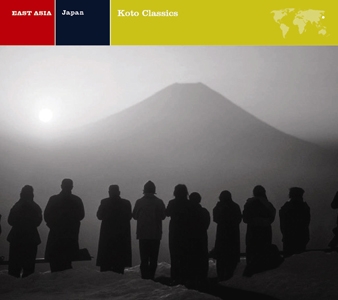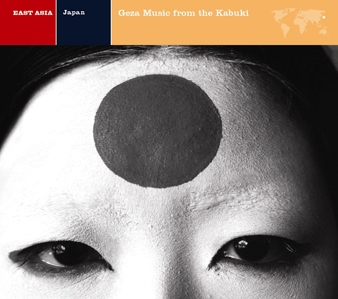The Nonesuch Explorer series is “the series that introduced countless listeners to music from afar," says the New York Times, "opening up the delights of world music by mingling the scholarly and the sensuous ... The albums, recorded from the ‘60s to the ‘80s, have held up magnificently.”
The revival of the series began in August 2002 with the release of 13 volumes of African music, including the popular Drum, Chant, and Instrumental Music; Witchcraft and Ritual Music; three mbira (thumb piano) recordings from the Shona people of Zimbabwe; and Hamza El Din’s The Water Wheel.
Originally recorded beginning in the 1960s, the series re-issue sees these legendary titles remastered and repackaged for the new millennium, including newly designed o-card covers, and the inclusion of original liner notes.
While much of what is released today as “world music” reflects the influence of many cultures, most of the recordings in the Explorer Series offer a musical window to a specific community at a specific point in time, without the strong imprint of Western society or pop music. These recordings have served as source material for much experimental and world music today, and the series itself continues to stand on its own as a unique document of musical culture.
The Nonesuch Explorer series is “the series that introduced countless listeners to music from afar," says the New York Times, "opening up the delights of world music by mingling the scholarly and the sensuous ... The albums, recorded from the ‘60s to the ‘80s, have held up magnificently.”
The revival of the series began in August 2002 with the release of 13 volumes of African music, including the popular Drum, Chant, and Instrumental Music; Witchcraft and Ritual Music; three mbira (thumb piano) recordings from the Shona people of Zimbabwe; and Hamza El Din’s The Water Wheel.
Originally recorded beginning in the 1960s, the series re-issue sees these legendary titles remastered and repackaged for the new millennium, including newly designed o-card covers, and the inclusion of original liner notes.
While much of what is released today as “world music” reflects the influence of many cultures, most of the recordings in the Explorer Series offer a musical window to a specific community at a specific point in time, without the strong imprint of Western society or pop music. These recordings have served as source material for much experimental and world music today, and the series itself continues to stand on its own as a unique document of musical culture.











